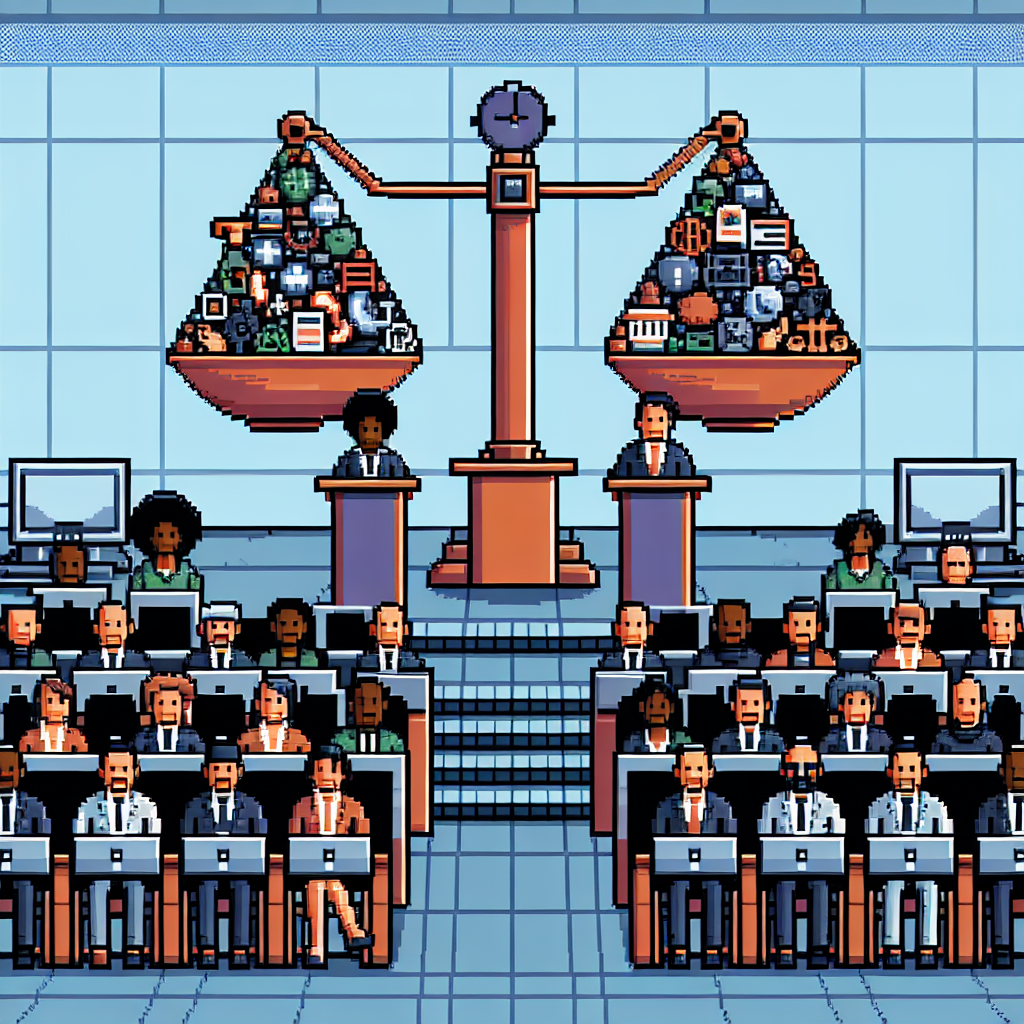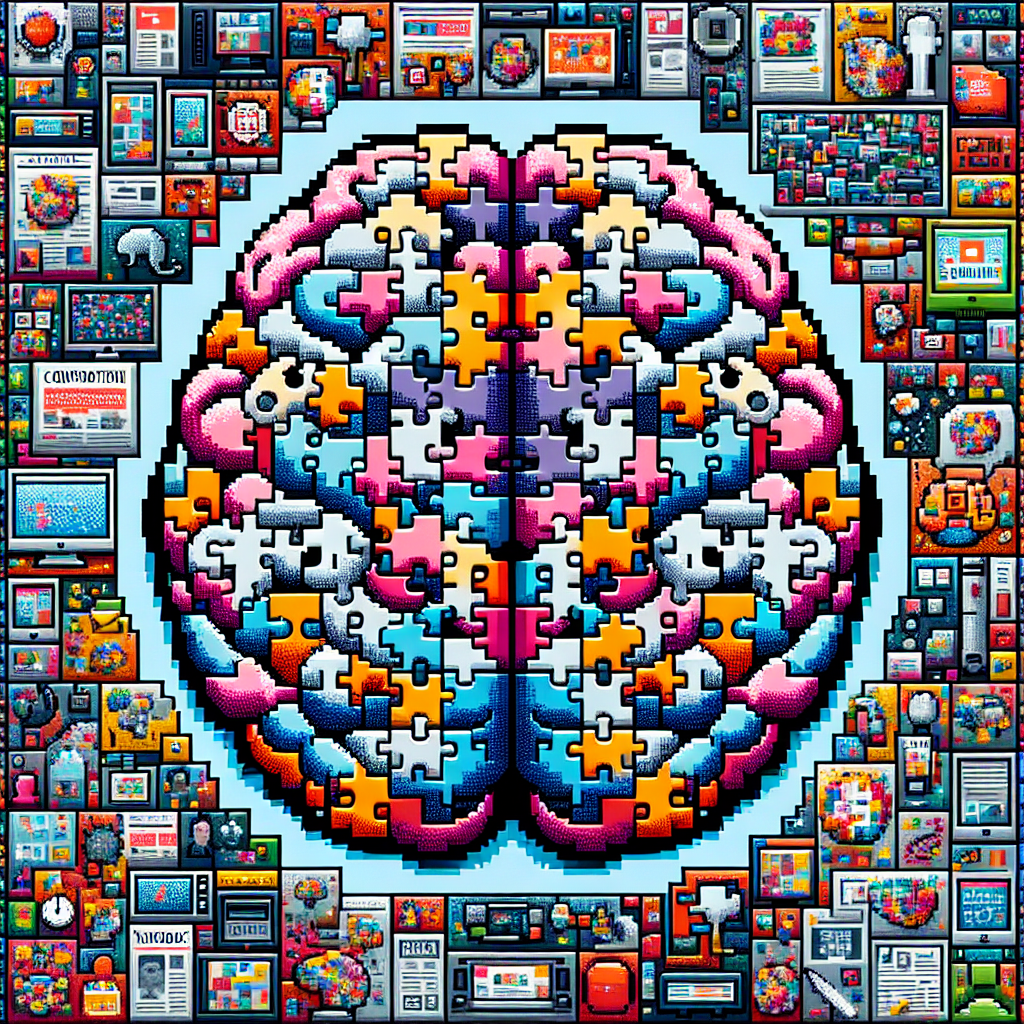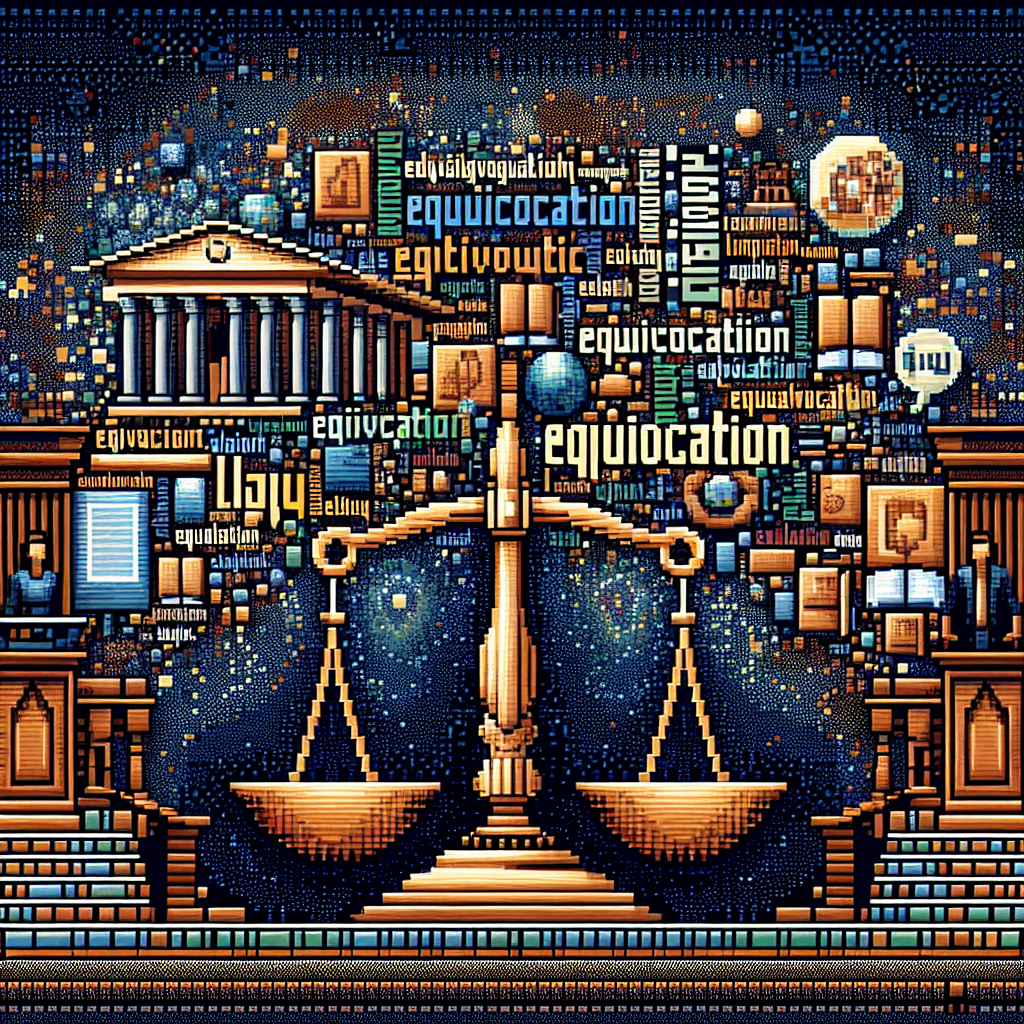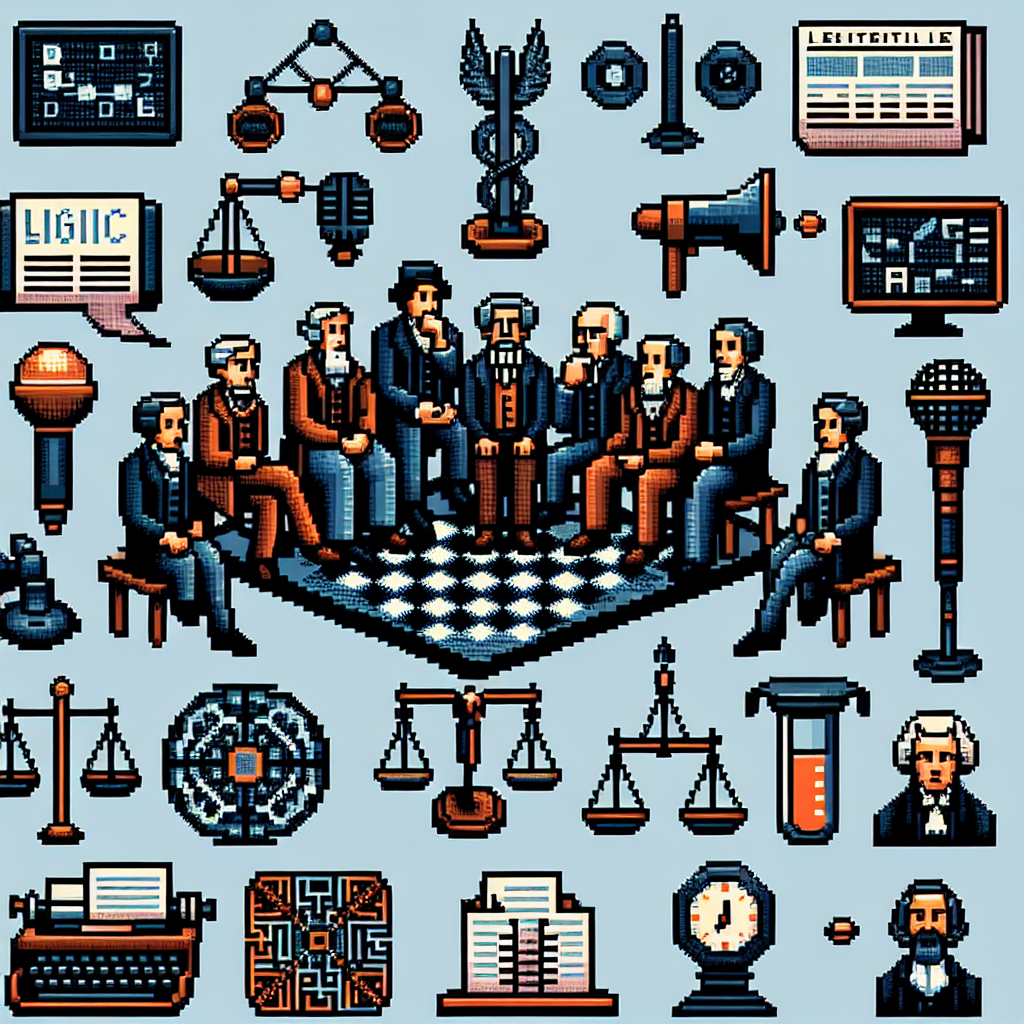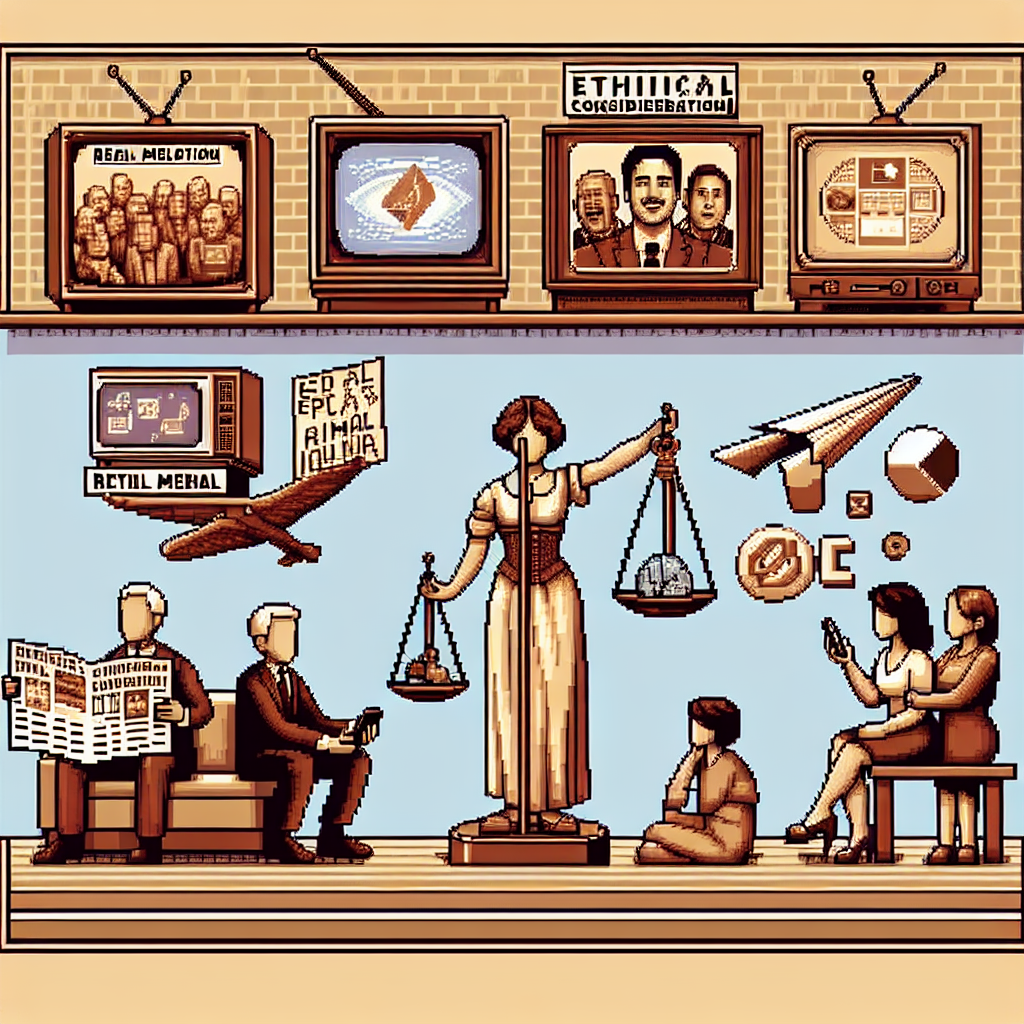Misleading Vividness
Misleading Vividness: Understanding the Importance Definition of Misleading Vividness Misleading Vividness refers to the use of striking and emotional imagery or stories in news that can overshadow the actual facts. This can lead the audience to form distorted perceptions of reality. Despite the emotional appeal these stories provide, they might not accurately represent the entire […]
Misleading Vividness Read More »

